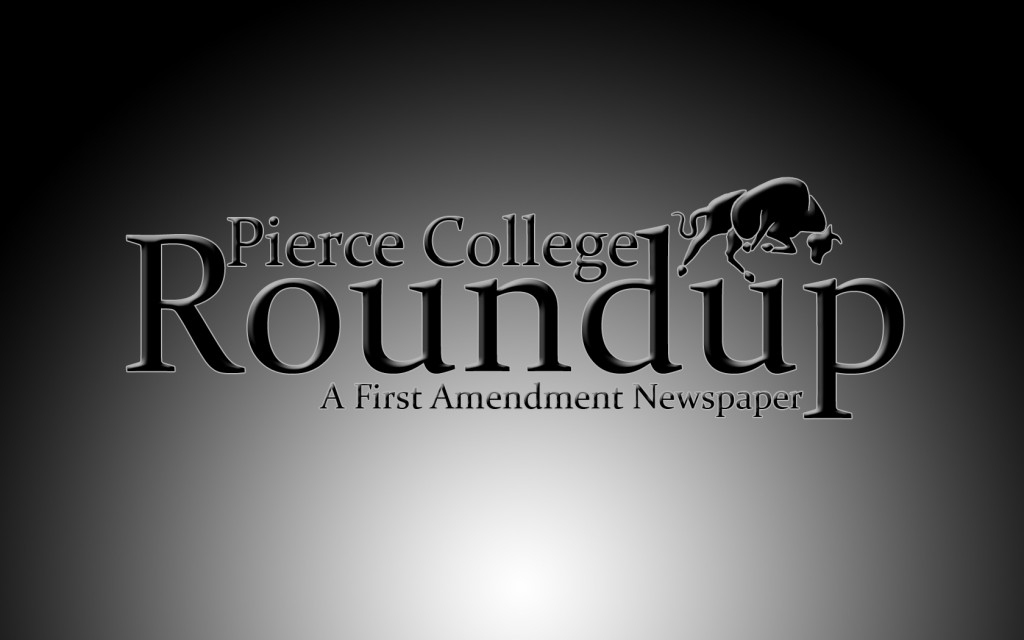Imagine not being allowed to read your favorite novel; maybe it’s one from the “Harry Potter” series, or perhaps it’s something a little more risqué like “50 Shades of Grey.”
Imagine that these books are banned, and your freedom to read them has been restricted.
Isn’t that a violation of the rights stated in the First Amendment?
This week, the American Library Association (ALA) is celebrating 30 years of observing the freedom to read during Banned Books Week.
And the Pierce College Library is celebrating too.
For the last three years, librarian Paula Paggi used to take command and help bring awareness about Banned Books Week to Pierce.
Now, librarian Marisa Diehl is taking it over.
Diehl is the new librarian on staff this semester, and she actively tries to let students know about books that are being challenged.
“[Reading] is one of the things that everyone has the right to do,” Diehl said. “We all have the right to read whatever it is that interests us.”
Diehl created a display full of information about Banned Books Week, and she included facts about recent and past books that have been challenged.
Students can view this informative display inside the display case mounted in the foyer of the library’s main entrance.
“[Banned Books Week] is meant to raise awareness about the fact that there are books that are challenged in schools and libraries across the nation,” Diehl said.
Since 1982, the ALA- with the help of schools, libraries, and bookstores- has annually held this event to raise awareness throughout the U.S. about books that are constantly being challenged to this day.
“It’s meant to raise awareness about the fact that that’s going on even though we live in a culture that really praises free speech and the First Amendment,” Diehl said. “But it’s also actually meant to applaud the folks that keep most of these books, that get challenged, on the shelves.”
In 2011, there were 326 books challenged in the U.S., as reported by the ALA’s Office for Intellectual Freedom.
Some of these challenged books include Harper Lee’s “To Kill a Mockingbird”, a classic that is included in some schools’ curriculum, as well as Suzanne Collins’ “The Hunger Games”, now a blockbuster film.
Jessica Orellana, a 19-year-old student majoring in Marine Biology, is an avid reader.
“I love to read,” Orellana said. “If my favorite books were banned, and I couldn’t read them anymore, I would feel useless.”
Censorship is the main reason for people wanting these books out of libraries and schools.
According to the ALA, books get challenged to be removed with the best intentions; those intentions include protecting children from certain ideas and information.
“[We do this] because people are concerned about free speech and concerned about censorship,” Diehl said, “individuals do make a difference, do keep books on the shelves, do allow individuals to have access to reading materials that some people may not want them to have the chance to read.”
During this observance week, libraries and schools all over the nation will be hosting special events, including exhibit and read-outs.
Due to budget cuts, the Pierce library will not host such events aside from the mounted display.
To learn more about which books have been challenged and about the schedule of events during Banned Books Week, Sept. 30-Oct. 6, visit www.ala.org or visit Pierce’s library.
